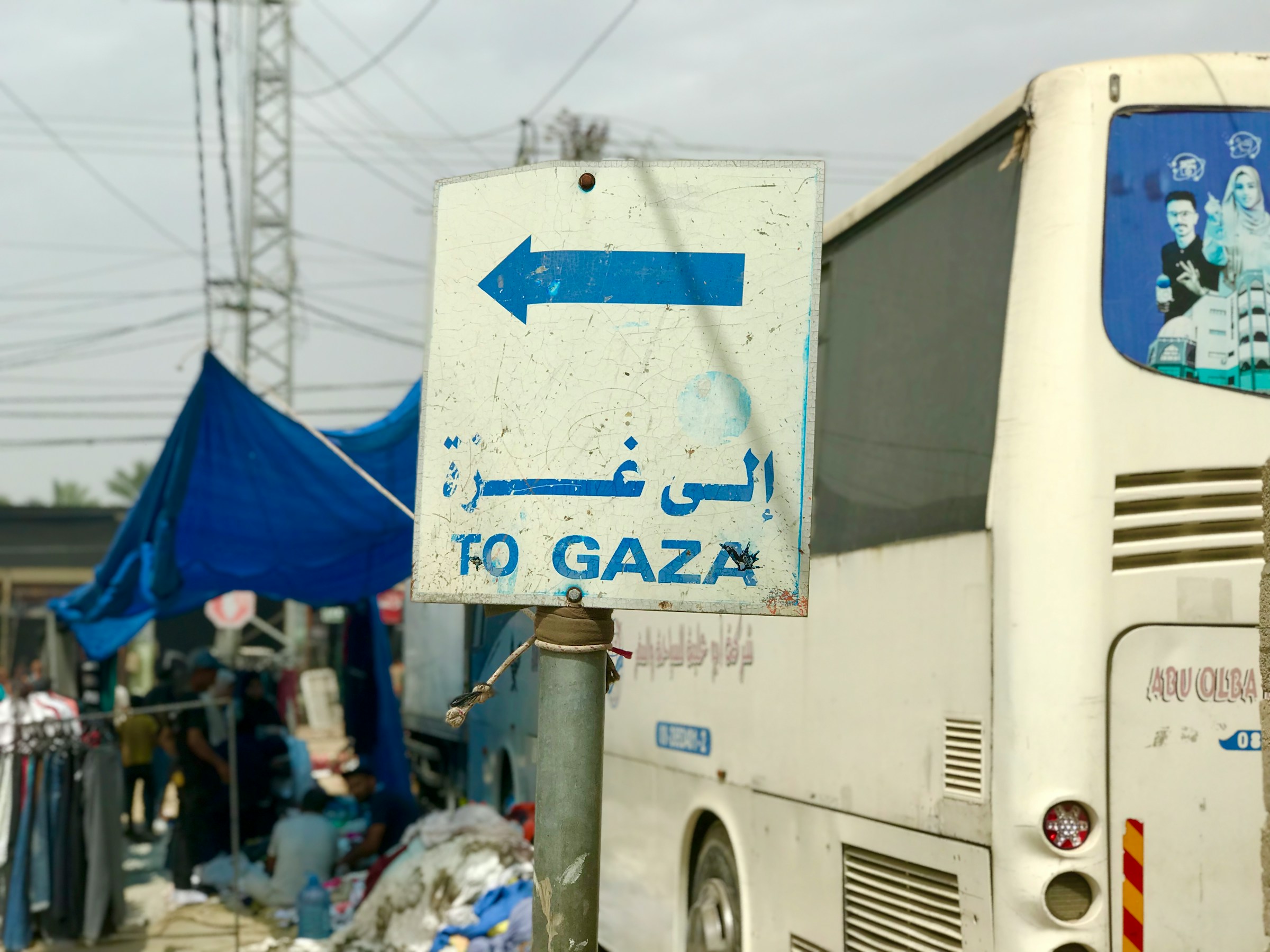The recent shelling of the Holy Family Catholic Church in Gaza—by what the Israeli Defense Forces described as “fragments from a tank shell”—may appear, on the surface, to be an operational mishap. But for those managing regional capital flow and sovereign risk portfolios, it marks a significant inflection point. It is not simply a humanitarian tragedy. It is a strategic volatility trigger.
The IDF’s post-event clarification was swift, if limited: the church was struck inadvertently during operations in Gaza City, with at least three civilians killed and ten wounded. Among the injured was Father Gabriel Romanelli, the parish priest. Prime Minister Benjamin Netanyahu offered regret following a direct call with US President Donald Trump. But apologies in conflict zones often arrive too late to reverse capital signals already transmitted.
At issue is not just the military misfire—but the institutional cost of violating symbolic sanctuaries. Churches—especially Catholic ones in contested territories—function as geopolitical fault lines. To global observers, they represent not only religious freedom but civilizational restraint. When these are breached, even unintentionally, markets respond with an instinctive recoil.
Unlike residential or industrial sites, religious compounds are hardwired into the ethical architecture of international law. Whether it’s a cathedral in Sarajevo, a mosque in Aleppo, or a synagogue in Odessa, the calculus changes when these structures come under attack. The shelling of Holy Family—Gaza’s sole Catholic church—crosses into reputational risk territory for Israel, with institutional consequences that may outpace diplomatic repair.
Sovereign wealth funds, particularly those with values-based mandates, cannot ignore such incidents. In Europe, faith-based pension funds and ESG-mandated institutional investors operate under exclusion screens that trigger red flags in situations like this. Even without formal sanctions, the optics of civilian sanctuary targeting—even accidental—have a chilling effect on cross-border asset allocation.
These investors are not necessarily exiting Israeli equities wholesale. But many are already freezing incremental exposure, especially in non-defense sectors where reputational tailwinds are less defensible. Infrastructure, real estate, and tourism-linked assets will likely bear the brunt of any rebalancing.
From a regulatory perspective, the Bank of Israel has few tools that can prevent capital repricing when incidents carry diplomatic weight. Domestic financial conditions remain stable for now, with no emergency FX interventions or extraordinary bond market volatility. But the broader context—elevated military expenditure, slowing private investment, and a politically fragmented government—means there is little fiscal space for prolonged reputational shocks.
If further incidents occur—or if public diplomacy mismanages the narrative—Israel may find its next sovereign bond issuance priced wider than anticipated. It is worth recalling how minor rhetorical missteps during the 2014 Gaza conflict led to temporary yield spikes and increased reliance on short-term debt issuance.
This week’s church shelling is unlikely to cause immediate credit rating reevaluation. But if global religious and human rights organizations mount pressure on Washington or Brussels, Israeli ministries may soon be forced to re-sequence defense procurement or delay economic partnerships. Soft sanctions often begin with moral statements, but they materialize through contract renegotiation.
For Gulf sovereign allocators—particularly in the UAE and KSA—the realignment has already begun. Investments into Israeli tech and agritech platforms, previously accelerated by the Abraham Accords, are being subjected to secondary ESG screening. Family offices in Dubai and Doha are redirecting liquidity into ASEAN and Singapore real estate funds, viewing Southeast Asia as offering more predictable neutrality in a time of Western-aligned volatility.
This is not merely risk-off rotation. It is signal-aware rebalancing. The perception that even US-brokered diplomatic normalization cannot fully constrain Israeli operational risk creates doubt about the durability of broader regional convergence.
The Holy Family incident, despite its tactical irrelevance to long-term defense strategy, has strategic resonance. It adds weight to the argument that MENA remains trapped in a volatility premium that prevents long-duration capital from taking root. Sovereign funds seeking geopolitical hedges are increasingly treating Singapore, Geneva, and even South Korea as their primary reserve corridors—despite currency friction or lower yield environments.
When sanctuaries fall under fire—by accident or by collateral intent—it signals not just battlefield fog but the erosion of restraint norms. The symbolic cost of hitting a church in Gaza is not denominated in military metrics. It is measured in confidence erosion—among investors, NGOs, policymakers, and diaspora communities.
This is not to imply a mass withdrawal of capital from Israel. The state remains a vital innovation hub and military exporter. But the incident injects fresh ambiguity into the institutional calculus of those managing global reputational risk. European governments, too, must now reconsider their posture. The church shelling arrives amid rising anti-migrant sentiment and renewed populist gains in EU parliamentary elections. Failure to censure or respond appropriately could compound domestic fractures.
This event, while operationally minor, underscores a structural truth: capital follows signals, not sympathy. A single shell—if it hits the wrong symbol—can recalibrate portfolios faster than a speech or a treaty. Israel’s military superiority remains intact. But its reputational perimeter has taken a direct hit.
In a region where diplomacy is fragile and finance is fast-moving, the shell that struck Gaza’s Catholic church landed far beyond its physical coordinates. It hit confidence—and in today's capital system, that is the most mobile asset of all.















